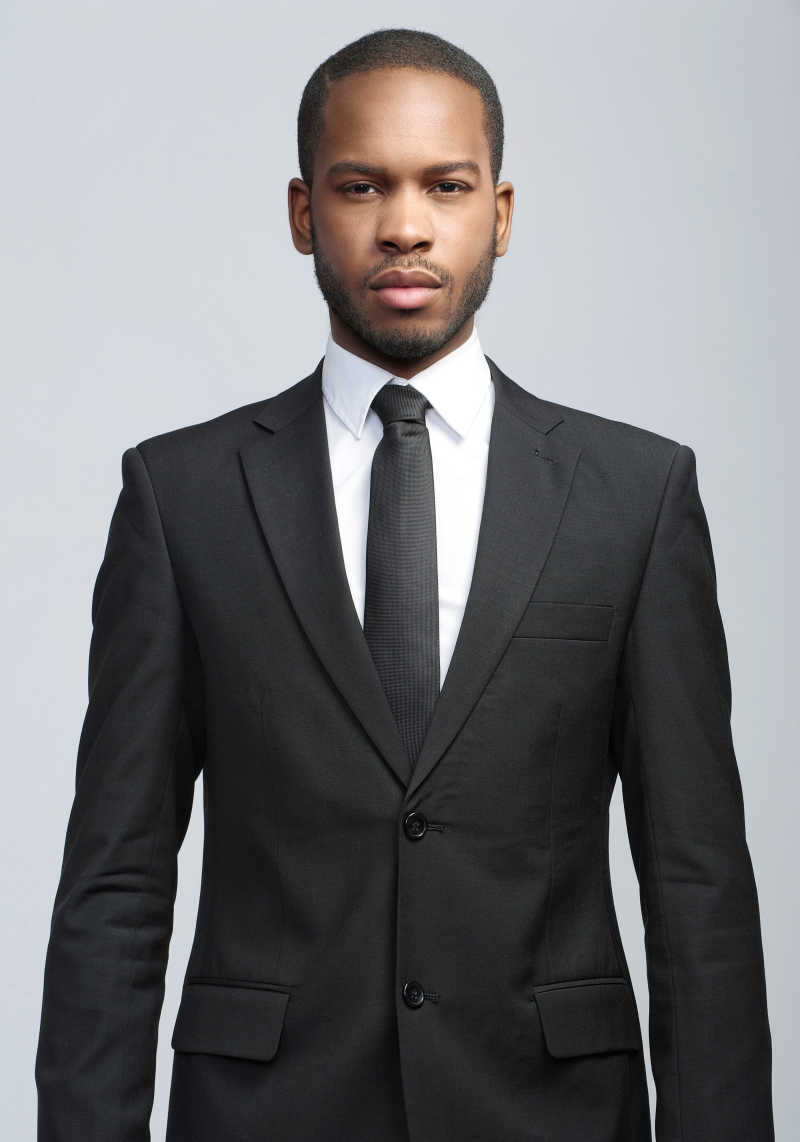**The Psychology of Suits: How Clothing Influences Perception and Behavior**
Clothing serves as more than just a means of covering our bodies; it is a form of self-expression that can profoundly impact how we are perceived by others and how we perceive ourselves. Nowhere is this phenomenon more evident than in the realm of suits—the quintessential attire of professionalism and authority. This article delves into the psychology behind suits, exploring how they influence perception and behavior in both the wearer and the observer.
**Symbolism of Authority and Power**
Suits have long been associated with authority, power, and success. The structured silhouette, clean lines, and tailored fit of a well-made suit convey professionalism and confidence, making it the go-to attire for business meetings, job interviews, and formal occasions. The symbolism of the suit extends beyond mere clothing; it is a visual representation of competence, leadership, and control—a uniform of sorts that commands respect and admiration.
**Impression Management**
The clothes we wear send powerful signals about who we are and how we wish to be perceived. In a phenomenon known as “impression management,” individuals strategically choose their attire to shape others’ perceptions of them. Wearing a suit can project an image of competence, reliability, and authority, signaling to others that the wearer is serious, capable, and worthy of respect. As a result, the wearer may be perceived as more competent, trustworthy, and influential—a phenomenon known as the “halo effect.”
**Confidence Boost**
It’s not just others’ perceptions that are influenced by suits; the act of wearing a suit can also affect the wearer’s behavior and mindset. Research has shown that dressing formally can lead to increased feelings of confidence, self-assurance, and assertiveness. This phenomenon, known as “enclothed cognition,” suggests that the symbolic meaning of clothing can influence the wearer’s cognitive processes and behavior, leading to changes in performance and decision-making.
**Social Norms and Expectations**
Suits also play a role in reinforcing social norms and expectations regarding appropriate attire for different contexts. In professional settings, wearing a suit is often seen as a prerequisite for success, adherence to tradition, and conformity to societal norms. Deviating from this dress code may be perceived as disrespectful, unprofessional, or out of place, leading individuals to conform to the expectations of their environment.
**Cultural and Gender Dynamics**
It’s important to recognize that the symbolism and meaning of suits can vary across different cultures and contexts. While suits may be synonymous with power and authority in Western cultures, they may carry different connotations in other parts of the world. Additionally, gender dynamics play a role in how suits are perceived and interpreted. Historically, suits have been associated with masculinity and male privilege, but there is a growing trend of women embracing suits as a symbol of empowerment and gender equality.
**Conclusion**
In conclusion, the psychology of suits reveals the profound influence that clothing can have on perception and behavior. As a symbol of authority, professionalism, and confidence, suits shape both the wearer’s self-image and how they are perceived by others. By understanding the psychological impact of clothing choices, individuals can harness the power of attire to project a desired image, boost confidence, and navigate social interactions with poise and authenticity.
